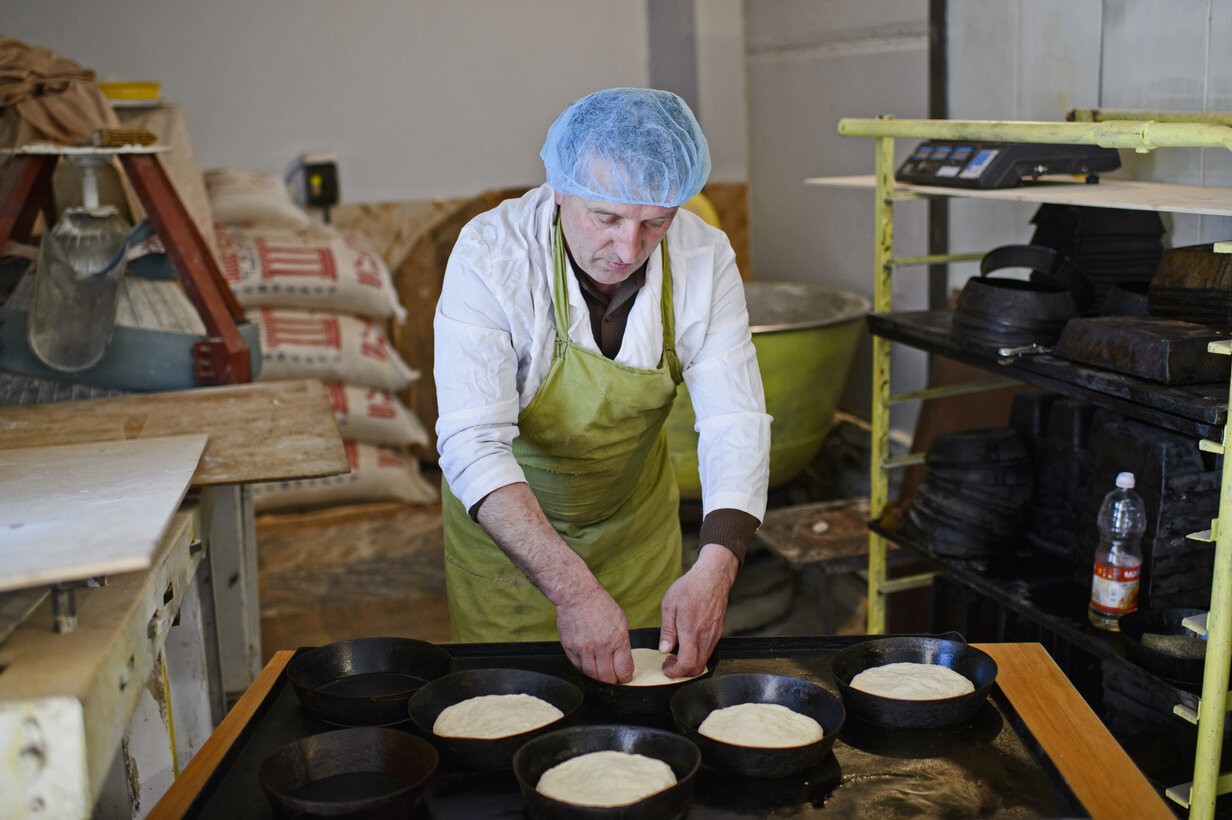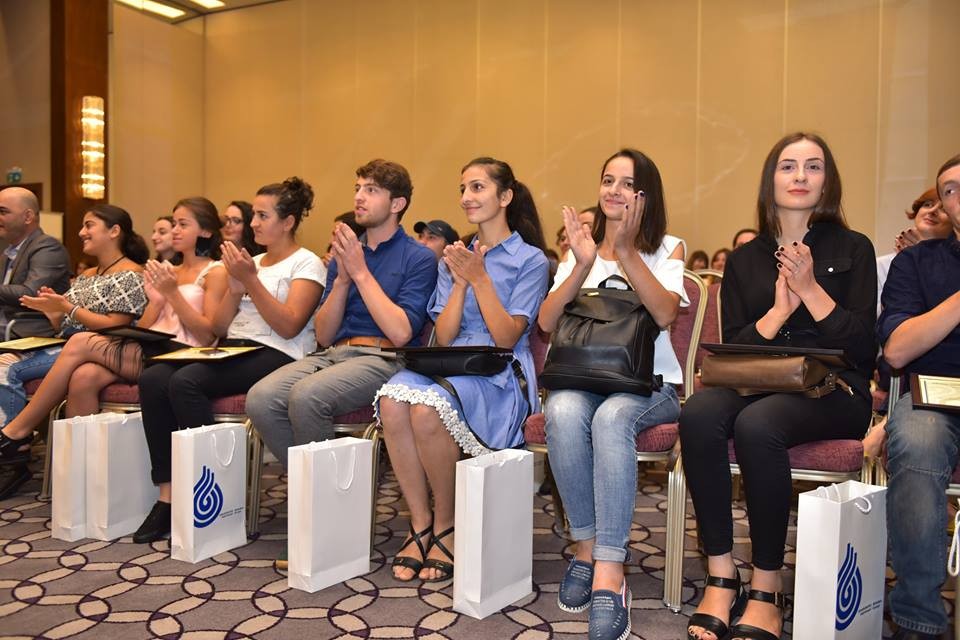Nino Diasamidze: Corporate Social Responsibility is an Integral Part of AGL's Way of Doing Business
Shuakhevi Hydro Power Plant (HPP) represents one of the largest and most influential energy projects in Georgia.
The Plant is co-owned by Norway’s Clean Energy Invest and India’s Tata Power. The Shuakhevi power project was the first to finance hydro project in Georgia where three International Financial Institutions, such as European Bank for Reconstruction and Development, the Asian Development Bank, and the International Finance Corporation (IFC), a member of the World Bank Group, were involved.
We asked Nino Diasamidze, Head of Corporate Social Responsibility at Adjaristsqali Georgia LLC/Shuakhevi HPP, a few questions to learn about the company's Corporate Social Responsibility programs and how they became an important component of their strategic thinking:
Adjaristsqali Georgia LLC (AGL), the Company operating the 187MW Shuakhevi HPP, has established high standards for corporate governance and business conduct. The joint objective of our sponsors was to develop a sustainable project from an environmental, social, and economic perspective benefiting all stakeholders and contributing to improved living conditions for the population of the Adjara region.

Corporate Social Responsibility (CSR) is an integral part of AGL’s way of doing business. Our company undertook an extensive CSR program aimed at local infrastructure development, support to income-generating initiatives, and various educational and awareness-raising activities.
How does AGL support residents of mountainous Adjara?
In addition to employment opportunities and the company’s payment of local property tax, AGL from the initial stage created Corporate Social Responsibility (CSR) programs supporting our host communities beyond the obligations and requirements and in this way becoming “a good neighbor” to the communities where we operate. While developing CSR projects, AGL encouraged locals’ involvement and partnership. These communities have played an important role in all stages of project development, from prioritizing needs to executing and completing the projects.
In the construction stage, we spent 8 million GEL for CSR projects and we continue implementing them during the operational phase.
What opportunities are you planning to create to improve the quality of life in Adjara?
The Shuakhevi HPP will generate electricity for decades to come, and we will do our best to continue improving the living conditions of residents by creating employment opportunities, improving local infrastructure, implementing social projects, and making significant contributions to the region’s economic development.
What are some of the business projects Shuakhevi HPP funded? What criteria do you use while selecting them?
Before starting our social projects, we studied the needs of residents and defined three main areas to work in: education and awareness-raising, Infrastructural development, and community support. I believe that through the hundreds of projects that we have implemented over the years, we have indeed changed people’s lives for the better. Working alongside residents, the company is still providing funding for local students’ educations, improving local infrastructure in cooperation with local municipalities, and actively looking for new ways to support local businesses.

The key objective of the small business support program was to improve households’ income-generating capacities via training and providing small grants to launch businesses. AGL along with its partner organizations selected projects based on various criteria, such as the social effect of the project for the local area, the number of people involved, and the long-term impact of the business. So far, AGL has financed around 50 small businesses varying in size and content, such as agriculture, local tourism, bakery, production, etc.
One of our projects, which we are very fond of and proud of is the development of the Alpine Botanic Garden at the Goderdzi resort. The initiative was launched by the Mercy Corps Georgia within the frames of the Alliances Caucasus Programme (ALCP) and supported by the Swiss Agency for Development and Cooperation. Our involvement in this project contributed towards two main goals, conservation of local ecosystem and biodiversity protection, and promoting local tourism.

Can you cite examples of how companies can choose CSR initiatives?
Stakeholder engagement and consultation have always been in the core interest of AGL’s activities. The same is related while selecting the CSR initiatives. Projects were chosen in consultation with local communities and authorities, followed by a detailed needs-based assessment that took into account existing social conditions and the challenges faced by the residents of the Adjaristsqali valley.
Is there a CSR long-term strategy? Describe how you go about infusing this way of thinking into the company.
Shuakhevi hydropower project has already demonstrated that hydro projects can be developed sustainably with a combined focus on the generation of electricity and benefits for the local communities. Shuakhevi project is a breakthrough project setting entirely a new standard of good corporate citizenship. The construction phase is over, we have been successfully operating since March 2020 and the Company still incorporates sustainability thinking into its daily operations. That is the perfect example of how AGL carries on CSR initiatives during the operations phase in a sustainable and future-proof way.

